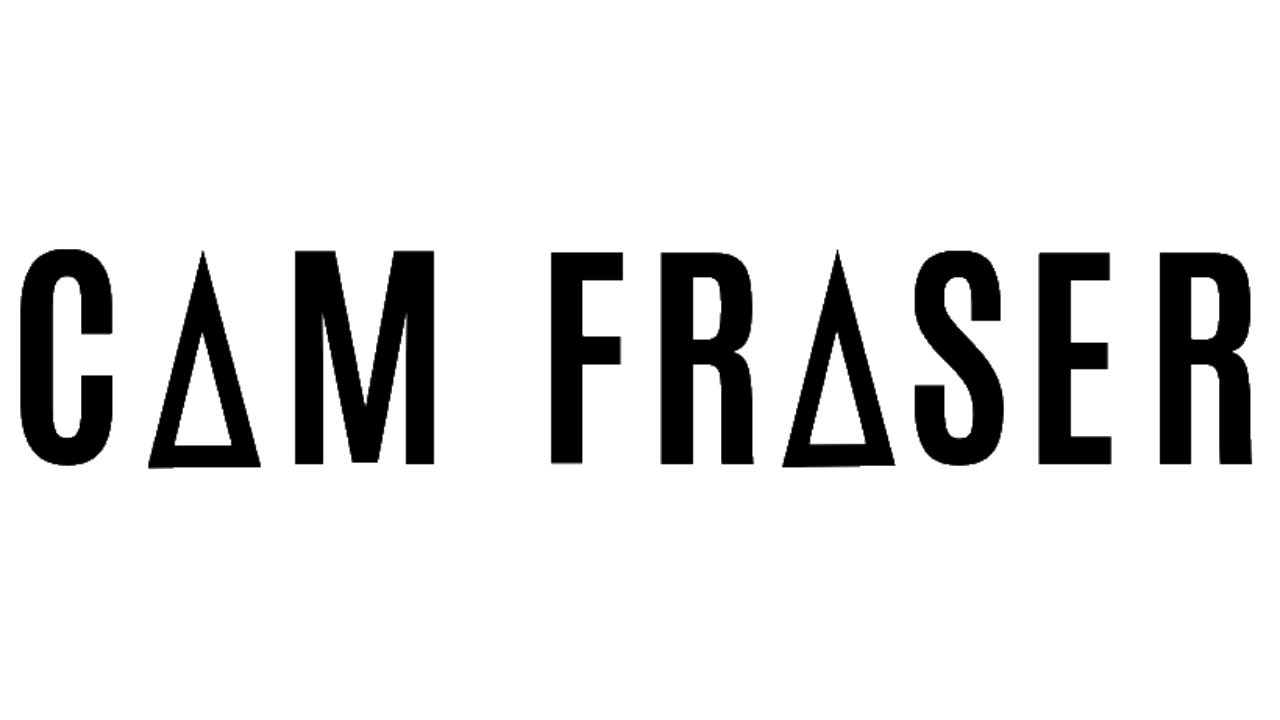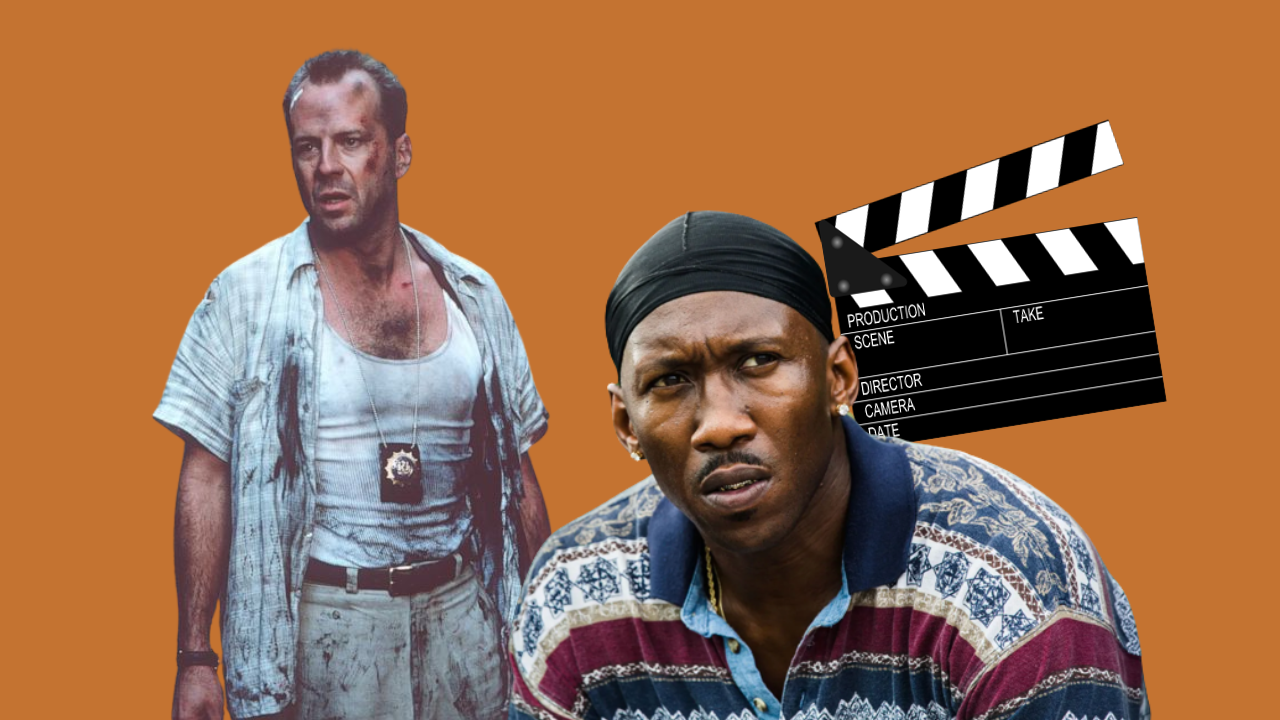I like watching movies, but I often notice the narrow representation of masculinities in cinema. I want to discuss the impact this has on our understanding of what it means to be a man.
Mainstream media has long perpetuated limited and often harmful stereotypes of masculinity. We’re bombarded with images of hyper-masculine heroes, the tough guy who never shows vulnerability, and the womaniser who objectifies others. While these archetypes may have their place in storytelling, and I still enjoy watching these movies, their dominance restricts the diverse range of masculine identities that exist in the real world.
Why is this representation problematic? It creates unrealistic expectations and pressures for men to conform to a predetermined mould of what a man should be. It limits the possibilities for self-expression, emotional depth, and authentic connections. By constantly reinforcing these narrow definitions, cinema has inadvertently contributed to a culture where many men feel the need to hide their true selves and conform to societal norms.
But the winds of change are blowing. Slowly but surely, we’re witnessing a shift toward more nuanced and inclusive representations of masculinity in independent and progressive films. These stories explore diverse narratives, allowing men to be vulnerable, sensitive, and multi-dimensional. They challenge the notion that masculinity is solely defined by physical strength and sexual conquests, providing a refreshing perspective that resonates with many men who do not fit the traditional mould, myself included.
Expanding the representation of masculinities on screen is not only important for men but also for those in relationship with them. It helps break down harmful stereotypes and fosters empathy, understanding, and acceptance. When we see diverse masculine experiences authentically portrayed, it opens the door for conversations about self-acceptance, mental health, and healthy relationships.
So, how can we contribute to this change? As consumers, we have the power to support films that showcase a wider range of masculinities. Seek out independent productions, foreign films, and stories that prioritise genuine human experiences over clichéd stereotypes. By supporting these projects, we send a message to the industry that we demand more inclusive representations.
Moreover, let’s continue these conversations beyond the movie theatre. Engage in conversation with your friends, family, and colleagues about the impact of media on our perceptions of masculinity. Challenge outdated beliefs and encourage others to question the narrow portrayals they’ve grown accustomed to. By fostering awareness and encouraging critical thinking, we can collectively contribute to a more inclusive cinematic landscape.
It’s time for cinema to reflect the beautiful diversity of masculinities that exist in our world. By expanding the representation of men on screen, we can break free from harmful stereotypes and create space for self-expression, empathy, and acceptance. I still enjoy the movies with more narrow portrayals of masculinity, albeit with a more critical eye, but I also want to encourage you to celebrate and support the films that are paving the way for a more inclusive future.
Thank you for joining me on this journey of exploration and growth. Stay tuned for more discussions on the intersections of masculinity and sexuality.

